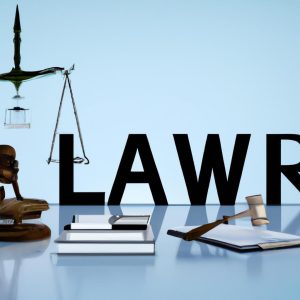It is a common misconception that by creating a last will and testament, one can entirely avoid the probate process. While a will certainly plays a crucial role in estate planning, there are certain factors to consider when determining whether probate can be bypassed. As experienced lawyers at Morgan Legal Group in New York City specializing in estate planning, probate, elder law, wills, and trusts, we are here to shed light on this important topic. Join us as we explore the intricacies of wills and probate and provide valuable insight into how to best prepare for the future of your estate.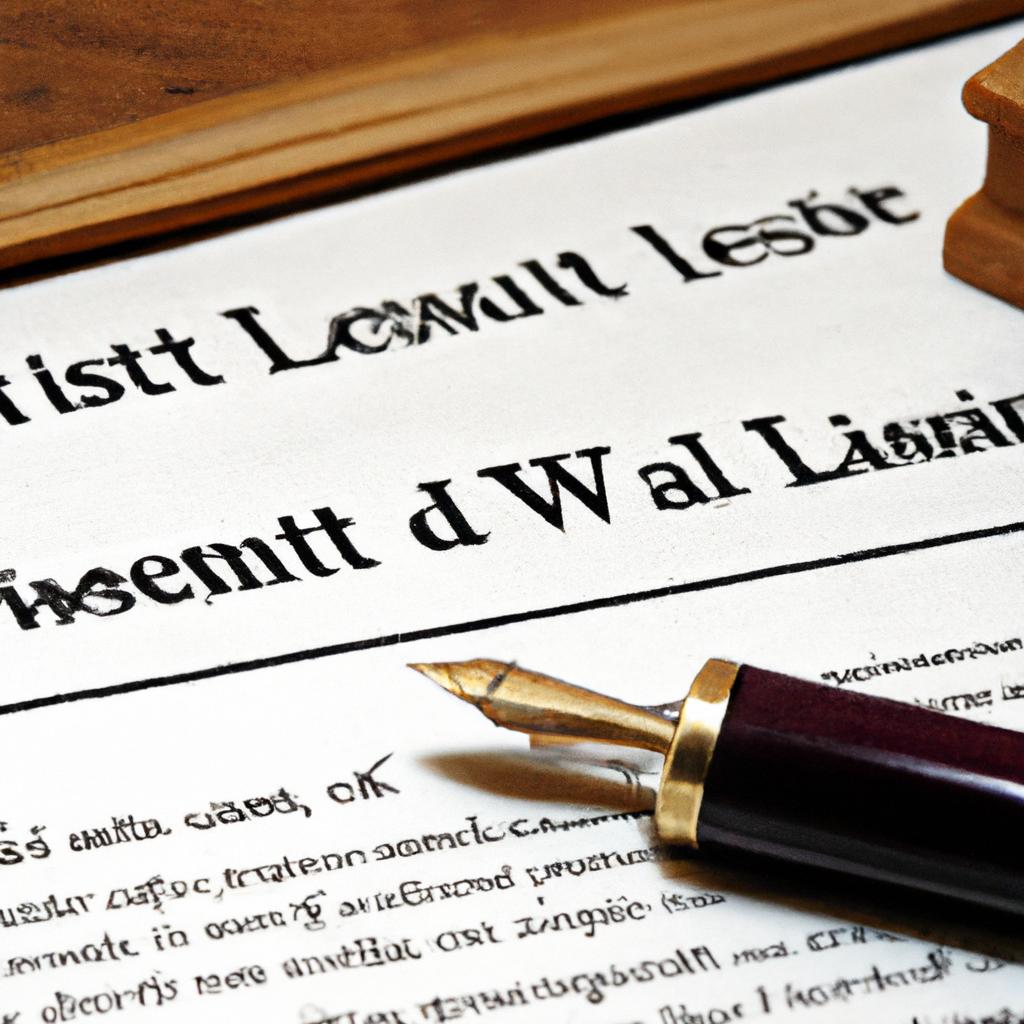
Understanding the Purpose of a Last Will and Testament
When it comes to estate planning, a last will and testament plays a crucial role in ensuring that your final wishes are carried out after your passing. This legal document outlines how you want your assets to be distributed, designates guardians for any minor children, and names an executor to manage the distribution of your estate. In addition to providing clarity and peace of mind, a last will and testament can also help avoid disputes among family members and prevent your estate from being subjected to intestacy laws.
While a last will and testament is an essential part of estate planning, it does not completely avoid probate. Probate is the legal process in which a court validates a will, oversees the distribution of assets, and resolves any outstanding debts or claims against the estate. However, having a well-drafted and legally executed last will and testament can streamline the probate process and make it smoother for your loved ones. By clearly outlining your wishes and appointing an executor to carry them out, you can help ensure that your estate is handled according to your wishes and minimize the potential for conflicts or delays.
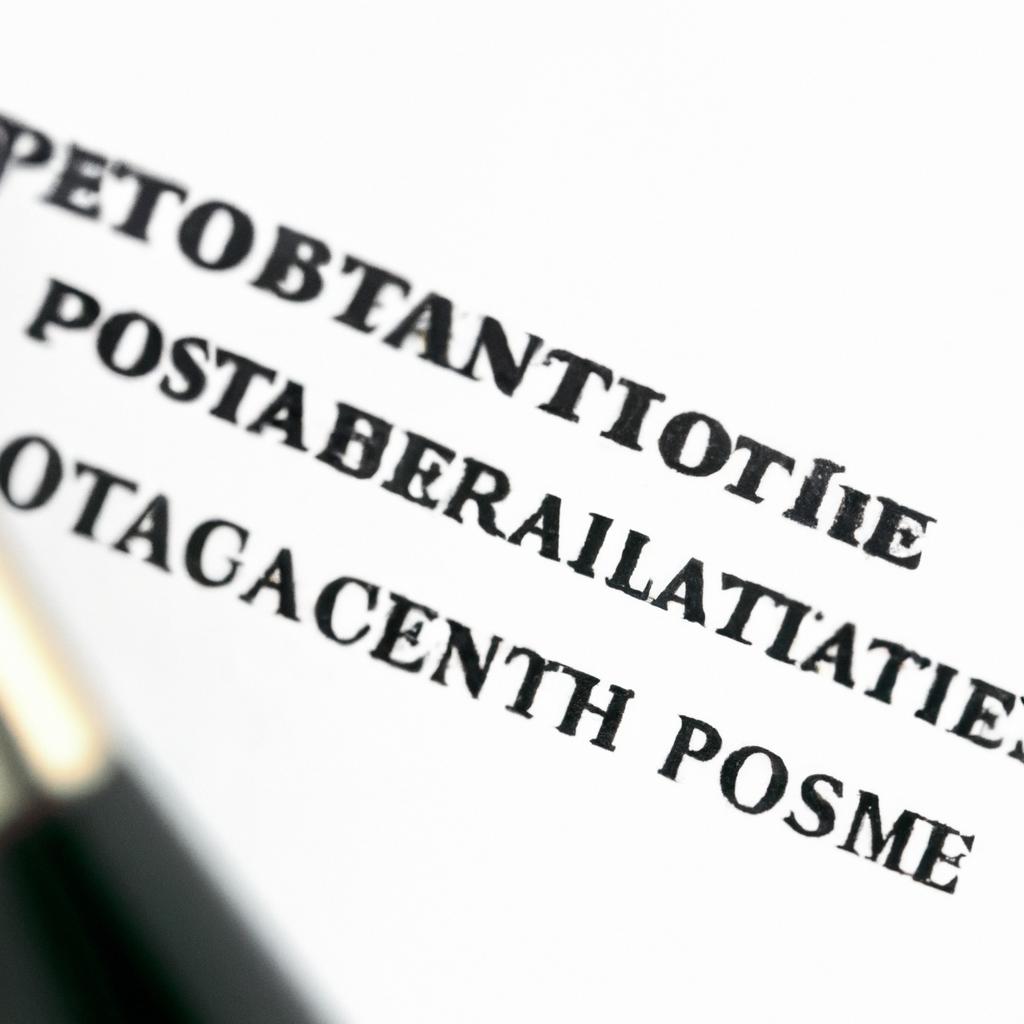
Exploring the Role of Probate in Estate Administration
One common misconception among individuals is that having a last will and testament in place means that their estate will automatically avoid probate. However, this is not entirely accurate. While a will can help provide guidance for the distribution of assets, it does not necessarily bypass the probate process entirely. Probate is the legal process of administering a deceased individual’s estate, which involves validating the will, paying debts and taxes, and distributing assets to beneficiaries.
During probate, the court oversees the administration of the estate to ensure that the deceased individual’s wishes are carried out correctly. If there are any disputes or challenges to the will, the probate process can help resolve them. Additionally, probate can provide a level of transparency and protection for all parties involved. While having a will is a crucial part of estate planning, it is essential to understand that it may not entirely avoid the probate process.
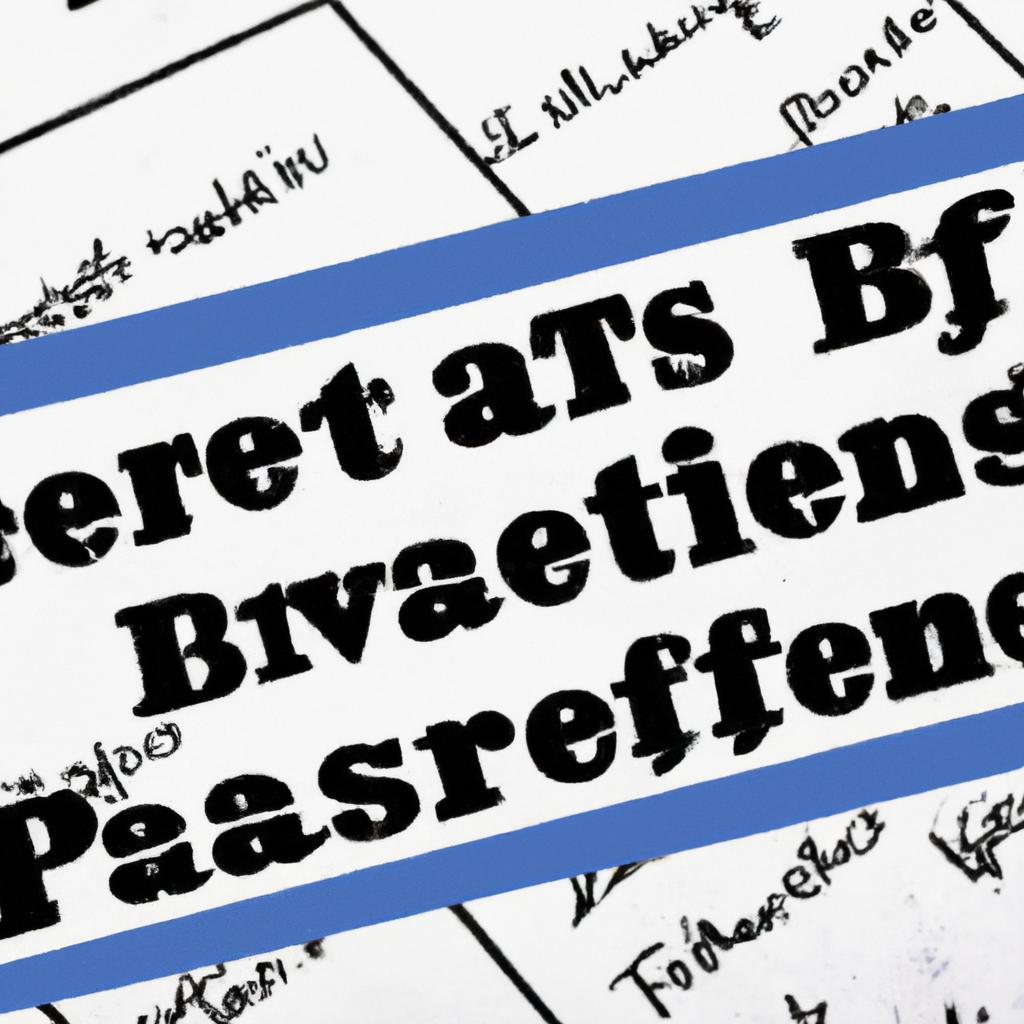
Benefits of Proper Estate Planning in Avoiding Probate
Proper estate planning is crucial in avoiding the often lengthy and costly probate process. By drafting a comprehensive last will and testament, individuals can ensure that their assets are distributed according to their wishes without the need for court intervention. This can help avoid family disputes and minimize the risk of assets being tied up in probate for an extended period of time.
Additionally, estate planning allows individuals to take advantage of various legal tools such as living trusts, which can help bypass probate altogether. By carefully planning and structuring their estate, individuals can provide for their loved ones in the most efficient and effective manner possible, while also minimizing estate taxes and other potential liabilities. Ultimately, proper estate planning can provide peace of mind knowing that one’s legacy will be protected and passed down according to their wishes.
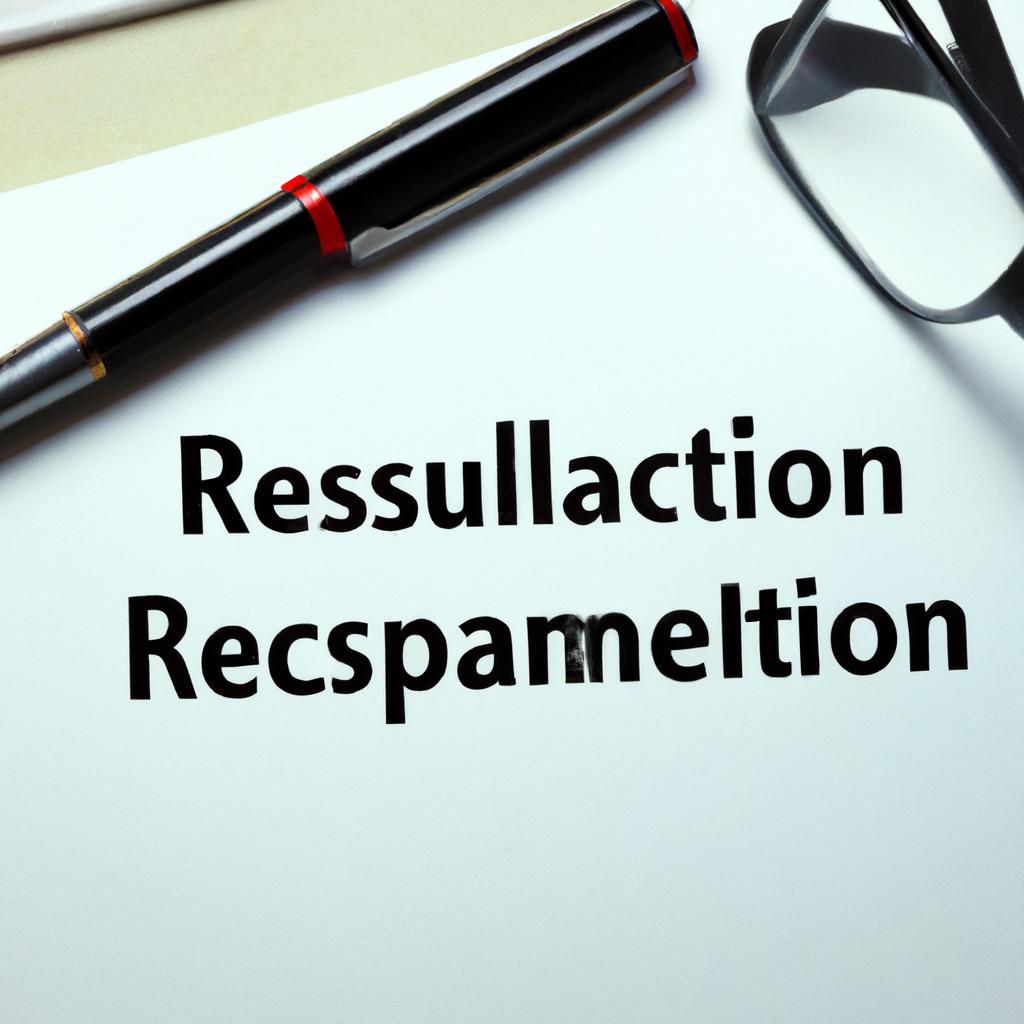
Recommendations for Establishing a Comprehensive Estate Plan
When it comes to establishing a comprehensive estate plan, there are several key recommendations to keep in mind to ensure that your wishes are carried out smoothly and efficiently. One crucial step is to create a last will and testament, which outlines how your assets should be distributed upon your passing. However, it is important to note that simply having a will in place does not automatically avoid probate.
Probate is the legal process through which a deceased person’s assets are distributed according to their will or state law. While having a will can help guide the probate process, it does not necessarily avoid it entirely. To minimize the time and costs associated with probate, it is advisable to consider additional estate planning strategies such as setting up a living trust, designating beneficiaries on accounts, and ensuring that your estate plan is regularly updated to reflect any changes in your circumstances or wishes.
Q&A
Q: What is a last will and testament?
A: A last will and testament is a legal document that outlines how a person’s assets and possessions should be distributed after their death.
Q: Does having a last will and testament in place avoid probate?
A: Not necessarily. While a last will and testament can help ensure that a person’s wishes are carried out after their death, the document must still go through the probate process to be legally recognized.
Q: What is probate?
A: Probate is the legal process through which a deceased person’s assets are distributed and debts are paid off. It involves proving the validity of the deceased person’s will and settling any disputes that may arise.
Q: Are there any ways to avoid probate?
A: Yes, there are some strategies that can help avoid probate, such as setting up a living trust, designating beneficiaries on financial accounts and assets, or owning property jointly with someone else.
Q: Why is probate often seen as a lengthy and expensive process?
A: Probate can be lengthy and expensive because it involves court proceedings, legal fees, and potential disputes among beneficiaries. Additionally, the process can be complicated and may require the assistance of a lawyer.
The Way Forward
In conclusion, while a last will and testament is an essential document for outlining your final wishes, it does not completely avoid the probate process. Probate can still be necessary to ensure the will is legally valid and properly executed. However, proper estate planning and use of other tools such as trusts can help minimize the impact of probate on your assets and beneficiaries. Remember, it is always best to seek the guidance of a qualified estate planning attorney to ensure your wishes are carried out smoothly and efficiently. Thank you for reading!
 Title: Does a Last Will and Testament Avoid Probate?
Title: Does a Last Will and Testament Avoid Probate?
When it comes to estate planning, most people have heard of a last will and testament. This legal document outlines a person’s wishes for how their assets and property should be distributed after their death. However, there is often confusion about the role of a will in the probate process. Many wonder, does a last will and testament avoid probate? In this article, we will explore the answer to this question and provide valuable insights into the role of a will in probate.
What is Probate?
Before delving into whether a will can avoid probate, let’s first understand what probate is. Probate is the legal process of settling a person’s estate after their death. This includes identifying and valuing their assets, settling any debts or taxes owed, and distributing the remaining assets to the beneficiaries according to the deceased person’s will or state laws. Depending on the complexity of the estate, probate can be a lengthy and expensive process.
Does a Last Will and Testament Avoid Probate?
The short answer to this question is no, a last will and testament does not avoid probate. In fact, a will is a crucial document used in the probate process. When a person dies with a valid will, the court will recognize the will as the legal document that outlines their wishes for their estate. The executor named in the will is responsible for carrying out the instructions in the will, including distributing assets to beneficiaries and settling any outstanding debts.
However, just because a will is used in probate does not mean that all assets included in the will must go through the probate process. Some assets can be transferred to beneficiaries without going through probate, which we will discuss further in the next section.
Assets That Can Avoid Probate
While a will is used in the probate process, not all assets included in a will are subject to probate. There are certain types of assets that can bypass probate and be transferred directly to beneficiaries. These include:
1. Jointly Owned Property: If a person owns property jointly with someone else, such as a spouse or business partner, the property will automatically transfer to the joint owner upon their death.
2. Assets Held in Trust: Assets held in a trust are not part of a person’s estate and therefore do not go through probate. Instead, they are transferred directly to the trust beneficiaries as outlined in the trust document.
3. Retirement Accounts: Assets held in retirement accounts, such as 401(k)s and IRAs, have designated beneficiaries and can avoid probate.
4. Life Insurance: Life insurance policies also have designated beneficiaries and are not subject to probate.
It’s important to note that these assets can only avoid probate if they have designated beneficiaries listed. If the owner of the assets does not designate beneficiaries, they will be included in the probate process.
The Benefits of Avoiding Probate
While a will does not avoid probate, having assets that can bypass probate can have significant benefits for both the deceased’s loved ones and the estate. These include:
1. Avoiding Delays: Probate can be a lengthy process, often lasting months or even years. By having assets that can avoid probate, beneficiaries can receive their inheritance much sooner.
2. Cost Savings: The probate process can also be costly, as the estate is responsible for paying various fees, such as court and attorney fees. By avoiding probate, the estate can save money on these expenses.
3. Privacy: Probate is a public process, meaning anyone can access information about the deceased’s assets and beneficiaries. By avoiding probate, the details of the estate can remain private.
4. Streamlined Process: Assets that can avoid probate typically transfer directly to the beneficiary, making the process more streamlined and less complicated.
Practical Tips for Avoiding Probate
Given the potential benefits of avoiding probate, here are some practical tips for minimizing assets that may go through probate:
1. Consider a Trust: One of the most effective ways to avoid probate is to set up a revocable living trust. This type of trust allows a person to transfer assets into the trust during their lifetime and specify how they should be distributed after their death.
2. Designate Beneficiaries: As mentioned earlier, assets such as life insurance policies and retirement accounts have designated beneficiaries. Be sure to keep these updated and accurate to avoid these assets going through probate.
3. Joint Ownership: Consider jointly owning assets with someone to allow for automatic transfer upon your death.
4. Consult an Attorney: Estate planning can be complex, and it’s always best to consult an attorney who specializes in estate planning to help you determine the best way to minimize probate for your assets.
Firsthand Experience
To better understand the role of a will in probate, we spoke with John, a certified financial planner, who has over 20 years of experience in estate planning. According to John, “A last will and testament is a crucial document to have in your estate plan, as it clearly outlines your wishes for how your assets should be distributed. However, it’s important to also consider other ways to avoid probate, such as setting up a trust or designating beneficiaries for your assets.”
In Conclusion
In summary, a last will and testament does not avoid probate, but it is a necessary document in the probate process. To minimize the assets that may go through probate, it’s essential to consider other estate planning tools, such as trusts and designating beneficiaries. Consult with an attorney specializing in estate planning to determine the best strategy for your estate and ensure your wishes are carried out efficiently and effectively.



